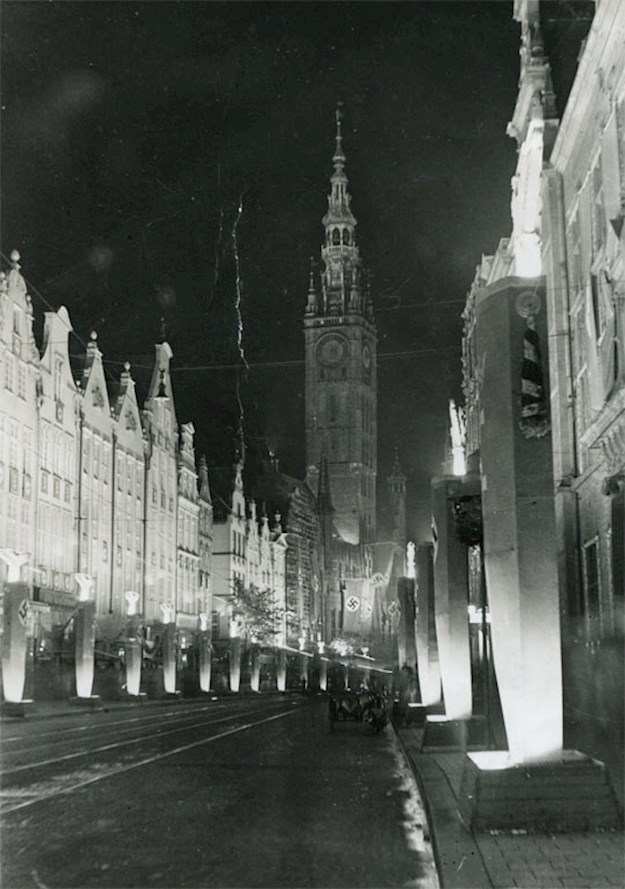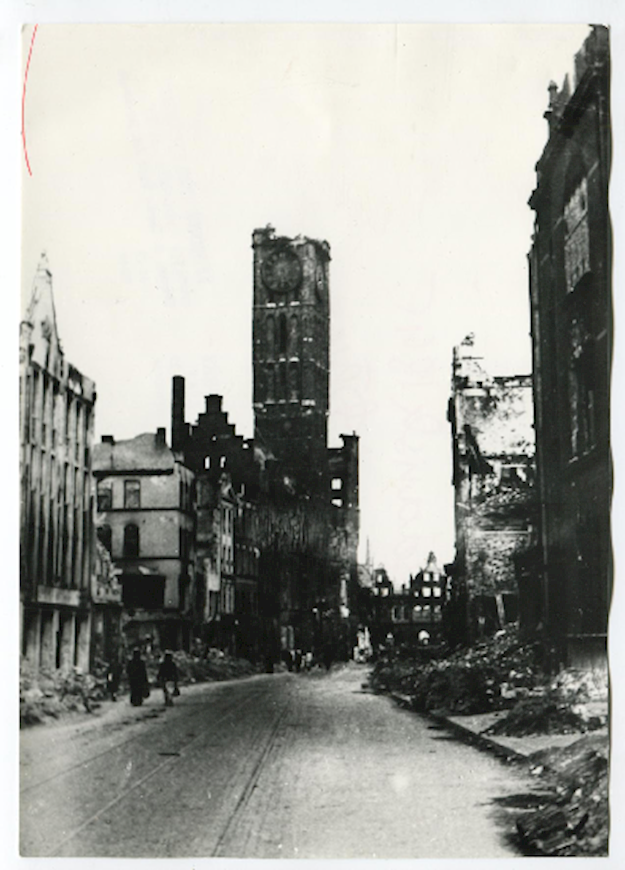For the people of Gdańsk the end of the Second World War was not necessarily a liberation. The arrival of the Soviet Army meant first defeat and then factually a new occupation. The Poles who settled in Gdańsk after the war were not in favor of the Soviet domination. For many Poles the political consequences of the war lasted until 1989 when Poland became an independent and democratic state again.
The history of Gdańsk in the 20th century is emblematic for the whole European continent; here the fate of not only the city’s inhabitants but often of millions of Europeans was largely decided. It was in Gdańsk (Danzig) that the Second World War broke out. It was also here, in the 1970s and 1980s, that Solidarity was born, the movement that played a significant role in overcoming the division of Europe after the Second World War.
Before the first World War Gdańsk (Danzig) belonged to Germany. During the interbellum it was a free city under the protection of the League of Nations. After the Second World War Gdańsk became part of the Polish State. The population of Gdańsk before 1939 consisted largely of three communities; a German speaking majority, a Polish and Jewish community. Due to Nazi policies taking effect in the 1930s (Nazis took over power in 1933 in the Free City) Jews of Gdańsk lost their civil rights and were persecuted whereas Poles were discriminated.
After the Second World War, under the agreement of the Great Powers the (remaining) Germans were forced to leave.
The almost completely destroyed center of Gdańsk was rebuilt after the war. Only 10 to 15 percent of the wartime population stayed in Gdańsk. Most of the new inhabitants came from Central Poland and Polish eastern territories incorporated into the Soviet Union.
In order to gain better living conditions and basic political rights the shipyard workers in Gdańsk stood up to fight for their interests in December 1970 and August 1980. As the first revolt was brutally suppressed the second one gave birth to the Solidarity Movement, a very important development, changing the political, economic and social order in Europe.


